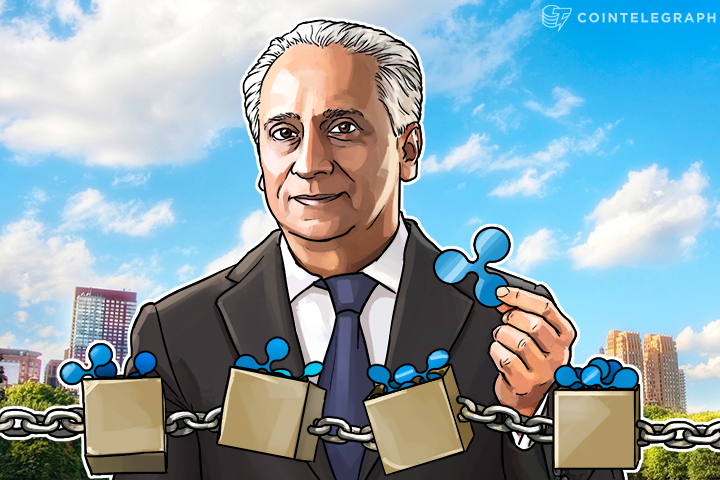Financial institutions have invested significantly in the development of Blockchain technology. However, the Asia Pacific MD of Ripple feels that cost savings are not expected to be significant in the securities market.
Dilip Rao at the 2016 AFR Banking & Wealth Summit says:
“Where blockchain has had the most impact is where there are a number of networks, but they don't talk to each other very well. There is no obvious trust between these networks, a central authority.”

Nasdaq to test blockchain technology in securities settlement
According to Mr Rao, cost savings are likely to be less where there is a homogeneous network with a central authority. Hence while implementation of blockchain in trade finance might result in cost savings, it is unlikely to result in significant savings in securities settlement.
This view contrasts sharply with the view of other market participants. Nasdaq has been at the forefront of developing blockchain-based settlement mechanism for securities. As early as June 2015, Nasdaq tied up with the startup Chain to test blockchain technology in securities settlement.
In a pilot run in December 2015, Nasdaq completed transactions using blockchain technology in the Nasdaq Private Market, a niche marketplace for trading of private companies. This is expected to be scaled up and replicated in the public securities market.
Blockchain has the potential to revolutionize settlements
Ex-JP Morgan veteran, Blythe Masters, is the CEO of Digital Asset Holdings Inc, a startup which is working on a digital asset platform using the hyperledger project. The view that blockchain technology will revolutionize settlements is the norm, rather than the exception.
Whether or not the blockchain results in cost savings, it does have the potential to revolutionize settlements. In most stock and bond markets of the world today, a T+3 settlement cycle is followed.
This means that transfer of the ownership of the asset which has been traded may take up to 3 days after the transaction has taken place. Compare this with the blockchain, where a transaction can be confirmed in minutes and you realize the time savings that blockchain technology can bring in.
Real time settlement could become a reality with the blockchain.
